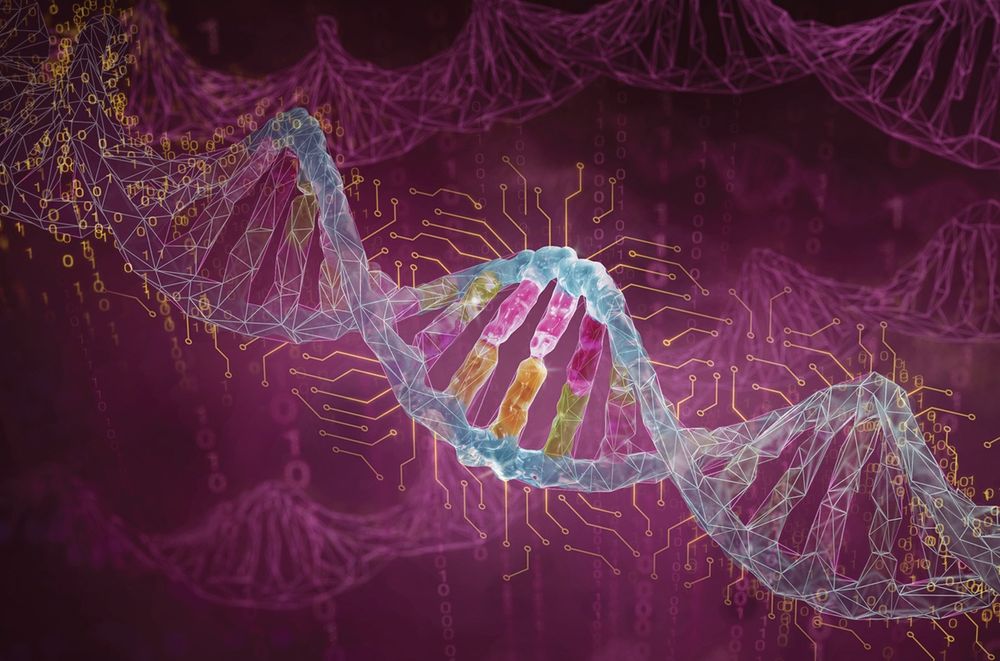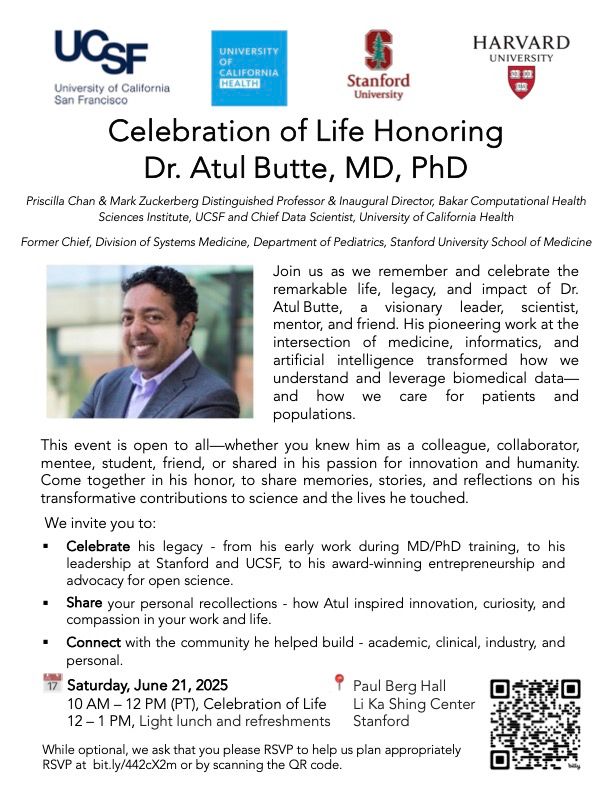@rbaltman
@rbaltman.bsky.social
220 followers
3 following
32 posts
Russ B Altman, MD, PhD. Professor at Stanford. Host of podcast “The future of everything” from Stanford Engineering.
https://rbaltman.people.stanford.edu
and
https://engineering.stanford.edu/news/collection/future-everything-podcast
Posts
Media
Videos
Starter Packs
@rbaltman
@rbaltman.bsky.social
· Jun 18
@rbaltman
@rbaltman.bsky.social
· Apr 19

The future of legal representation
A law professor delves into America's worsening civil legal crisis, where unequal representation is the norm. But, she says, hopes are high for reforms that could mean high-quality, low-cost legal adv...
engineering.stanford.edu
@rbaltman
@rbaltman.bsky.social
· Mar 24

The future of electronic materials
An expert on the future of materials for electronics and more says the world is on the precipice of tremendous innovation in the materials we use to make semiconductor electronics and … nearly everyth...
engineering.stanford.edu




















